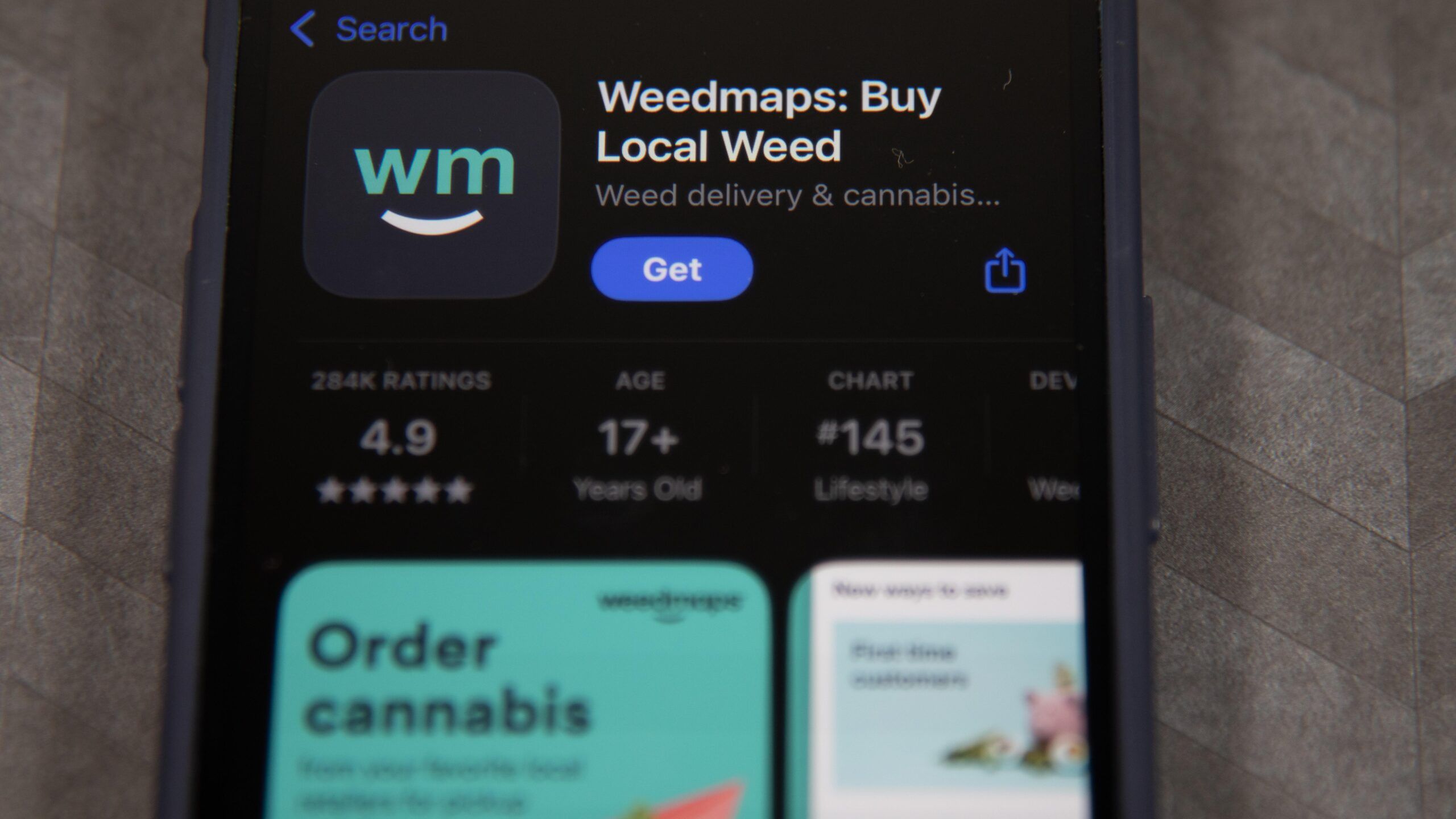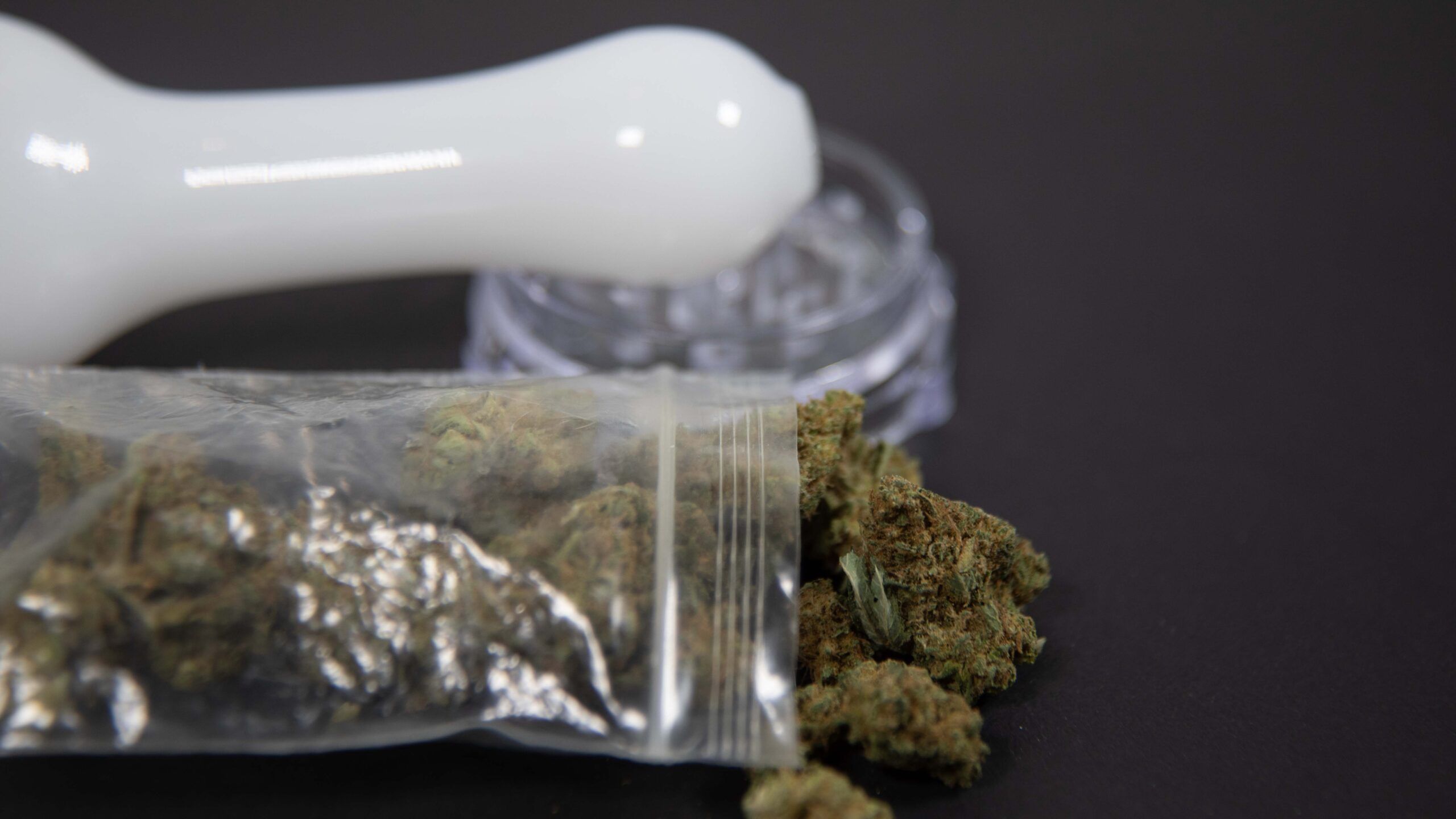
-
Delivering the Future: Cannabis Access, Innovation, and the Impact of Legalization
Read more: Delivering the Future: Cannabis Access, Innovation, and the Impact of LegalizationCannabis delivery services in America have become a game-changer for consumers seeking convenience and accessibility […]
Blogs
Read our Latest Posts
-

New Countries Legalizing Cannabis in 2025
As of May 2025, several countries have made significant strides in cannabis legalization, reflecting a […]
-

Cannabis Delivery Payments in the U.S. (2025): Modern Methods & Leading Apps
As cannabis delivery services expand across the United States in 2025, payment processing remains a […]
-

Cannabis Decriminalization in Germany: A Landmark Reform
In a significant shift in drug policy, Germany enacted the Cannabis Act (Cannabisgesetz) on April […]

